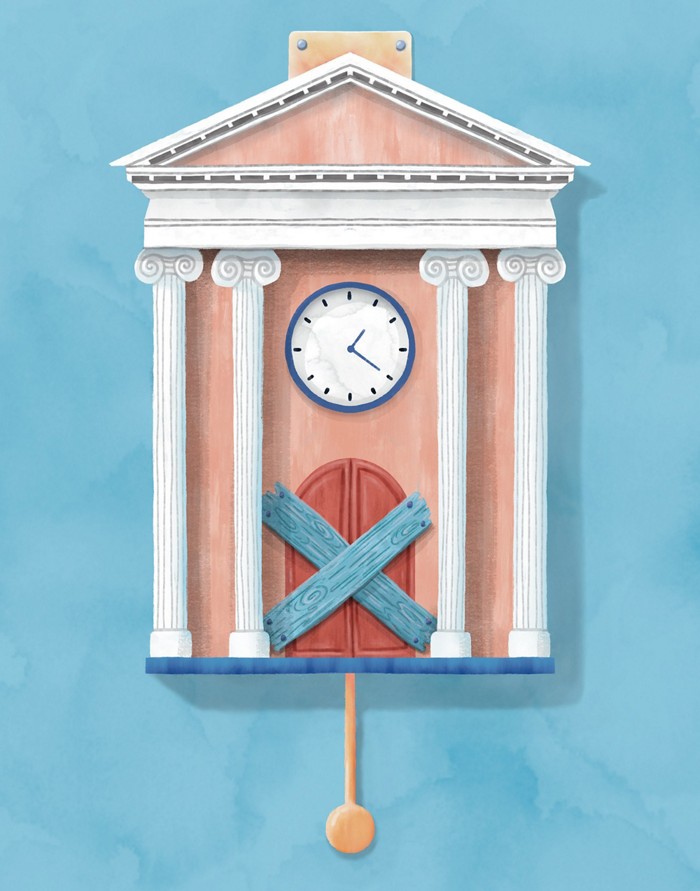
Pressing pause on the tenure clock
In response to the COVID–19 pandemic, some academic institutions are offering extensions to the contracts of tenure-track faculty. The probationary period for early-career staff typically lasts seven years in the United States. Researchers have broadly welcomed the option. But 2013 research showed that stopping the clock — after having a baby, for example — can affect salary later, compared with that of colleagues who didn’t take a break. And academic jobs are more tenuous than ever because of pressures on university finances. Overall, many researchers hope that the situation helps change the toxic academic work culture permanently. “We need a culture shift that recognizes tenure is designed to protect academic freedom and not to be a caste system within the university,” says Hans-Joerg Tiede of the American Association of University Professors.
Chemical & Engineering News | 10 min readRead more: Early analyses suggest that the lockdowns have had a disproportionate impact on the productivity of female scientists. (Nature | 6 min read)





















.png)












No hay comentarios:
Publicar un comentario